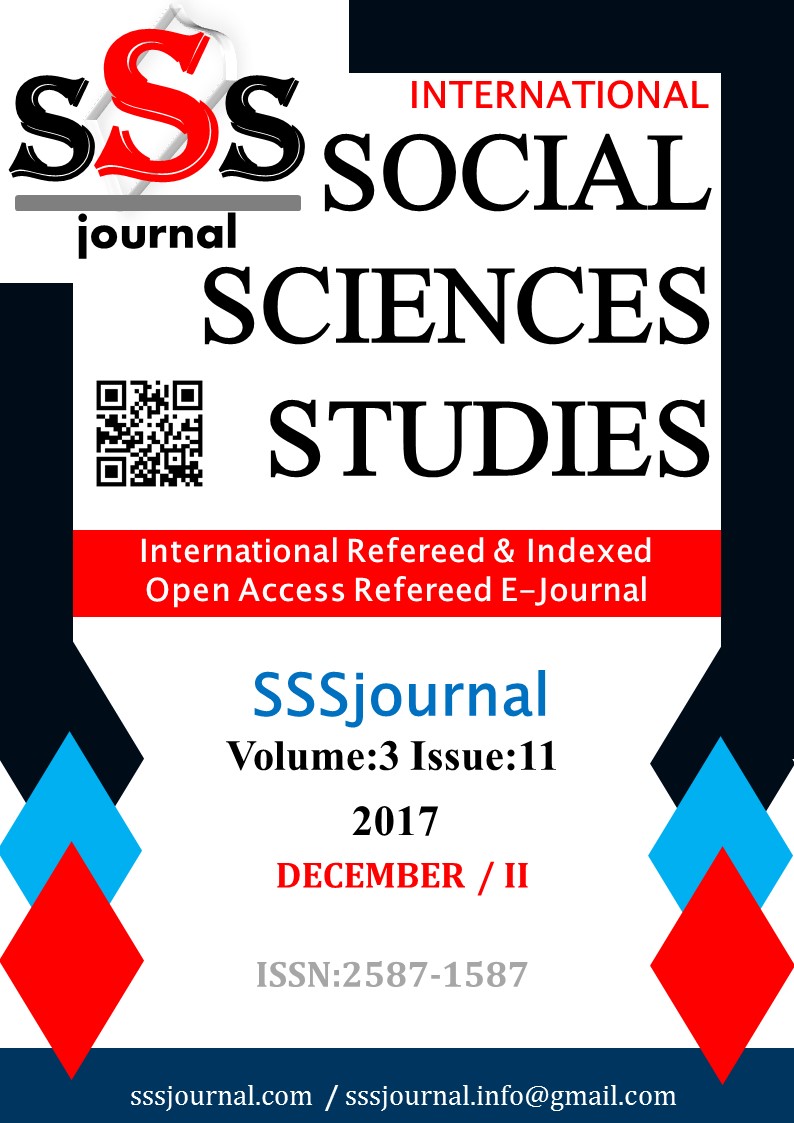Author :
Abstract
Kur’an’ı Kerim insanların dünya ve ahiretlerini düzenleyen öğretiler içeren ilahi bir kitaptır. Onlara doğru yolu göstermek için tarihi olayları örnek olarak kullanmaktadır. Doğrudan olmasa da sunduğu tarihi olaylar çok önemli ve esrarengiz mesajlar içermektedir. Bu bağlamda İsrâ sûresinin 2.ve 3. âyetlerinde Hz. Nuh, gemide taşınanlar ve İsrail oğulları hakkında bazı bilgiler verilmektedir. Bu âyetlerin semantik analizinden hareketle Hz. İbrahim’in Hz. Nuh’un soyundan olmadığı; ancak onunla birlikte gemiye binen o günün Müslümanların soyundan olabileceği anlaşılmaktadır. Bazı ilimlerin verilerinden yola çıkarak Kur’an’da bazı yeni bilgilere ulaşmak imkân dâhilindedir. Bu özelliğinden dolayı Kur’an’ın, asırların geçmesi ve yeni teknik bilimlerin ortaya çıkmasıyla kendisini yenileyebileceği anlaşılmaktadır.
Keywords
Abstract
Holy Koran, religious people as a divine book and provides the necessary information about the world. historical events to show them the right way is offered as a real example. Although not directly given as examples of historical events is a very important question and the existence of the mysterious message. In this context, while the Isra verse 2-3 Hz. Noah, who carried on board and is known as a shared knowledge about Israel. We knew the Prophet technical knowledge to understand the semantics of the verses starting from this event. Prophet Abraham. Noah is not a descendant; but it may occur with him from embarking on that day Muslims. Therefore, there may be some new information in the Qur'an could be obtained with some technical knowledge. On this basis the Koran, it is possible to say that science can renew itself with the emergence of new techniques with the passage of centuries.
Keywords
- Ebu Yahyâ, Şerefuddin Zekeriyâ b. Muhammed el-Ensârî, Dâru’l-Fikr, Beyrût.Ahmed Muhtâr Umer, İlmu’l-Delâle, ‘Alemu’l-Kutub, 7. Bas., Kahire 2007.
- Ali b. Ahmed b. Hazm el-Endulusî, el-İhkâm fi- Usûli’l-Ahkâm, Dâru’l-Hadîs, 1. Baskı, Kâhire 1404. ‘Adil el-Fahûrî, ‘İlmu’l-Delâle, Dâru’t-Tali‘a, Beyrût 1985.
- ‘Ali b. Muhammed Şerîf el-Curcânî, el-Ta‘rîfât (thk., Muhammed Abdurrahman), Dâru’n- Nefâis, Beyrût 2002.
- Mehdî Fadlullah, Medhalun İla ‘İlmi’l-Mantik, Dâru’t-Tali‘a, Beyrût, 2000.
- Tevrat; Şemsuddin Muhammed, ez-Zehebî, Tarihu’l-İslâm ve Vefeyâtu’l-Meşâhir ve’l-A‘lâm (thk., Umer Abdusselâm), Dâru’l-Kitâbi’l-‘Arabî, Beyrut 1987.
- Mahmud ‘Umer, el-Zamahşerî, Tefsîru’l-Keşşaf, Dâru’l-Kutubi’l-İlmiyye, Beyrût, 2006.
- Muhammed Ebu Hayyân el-Endulûsî, Tefsîru’l-Bahri’l-Muhît, Dâru’l-Kutubi’l-İlmiyye, Beyrût 2001.
- Abdurrahman es-Sa‘dî, Teysîru’l-Kerîmi’r-Rahmân fi-tefsîr-i kelâmi’l-Mennân, Muessesetu’r-Risâle Beyrût, Muhammed Seyyîd et-Tantâvî, “et-Tefsîru’l-Vasît li’l-Kurân’i’l-Kerîm” Dâru’n-Nahda, Kahire, 1998.





